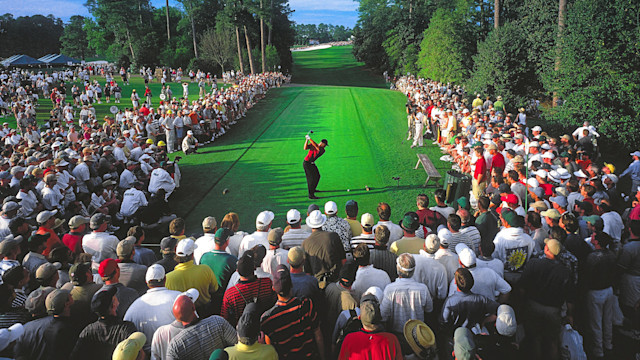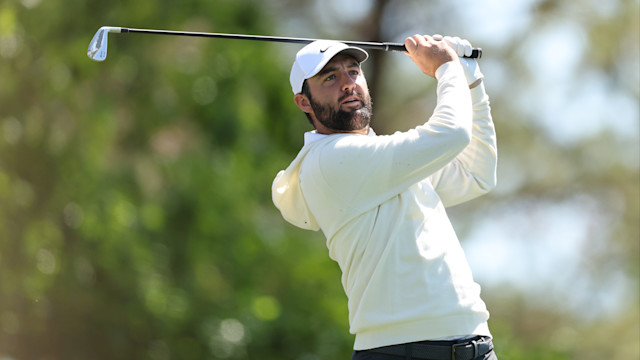quick coaching
5 Lessons Every Golfer Can Learn from Bryson DeChambeau at the 2025 Masters
By Brendon Elliott, PGA
Published on
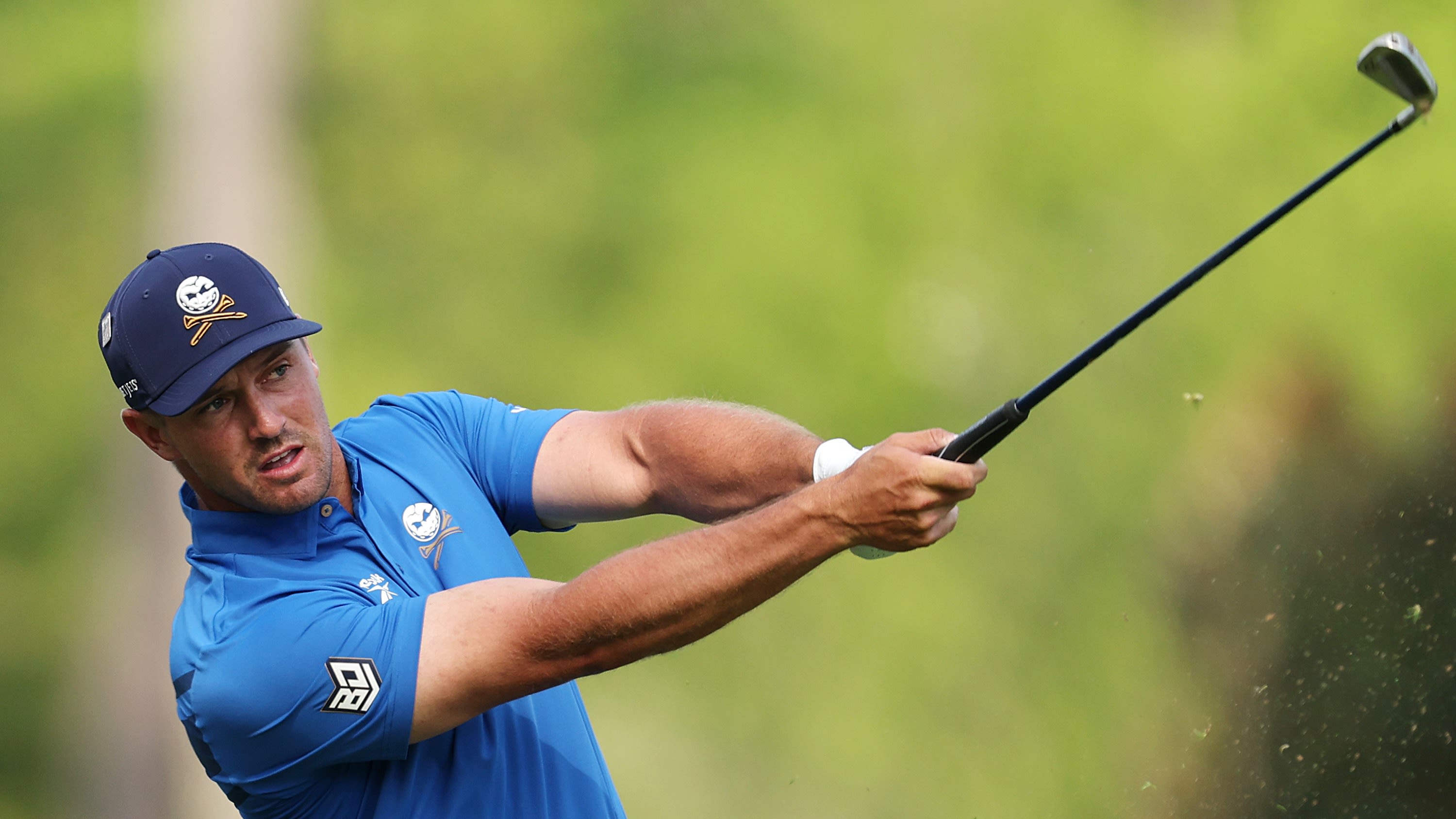
Watching Bryson DeChambeau navigate Augusta National so far at the 2025 Masters reminded me why he's such a fascinating study for recreational golfers. His journey from last year's Masters disappointment to this year's contention offers valuable lessons for all of us struggling to break 90 (or 100).
DeChambeau's approach to golf has always been methodical, scientific, and sometimes controversial. But beneath the physics equations and protein shakes lies a blueprint that average golfers can adapt to their own games. Here's what we can learn from the man who's never afraid to challenge conventional wisdom.
Learn from Your Mistakes
When DeChambeau struggled with his putting during last year's Masters, particularly in that pivotal third round, he didn't make excuses. Instead, he made a commitment: "I'm going to look back on this one and try to figure out how to putt well, putt better on these greens and control the speed a little bit more."
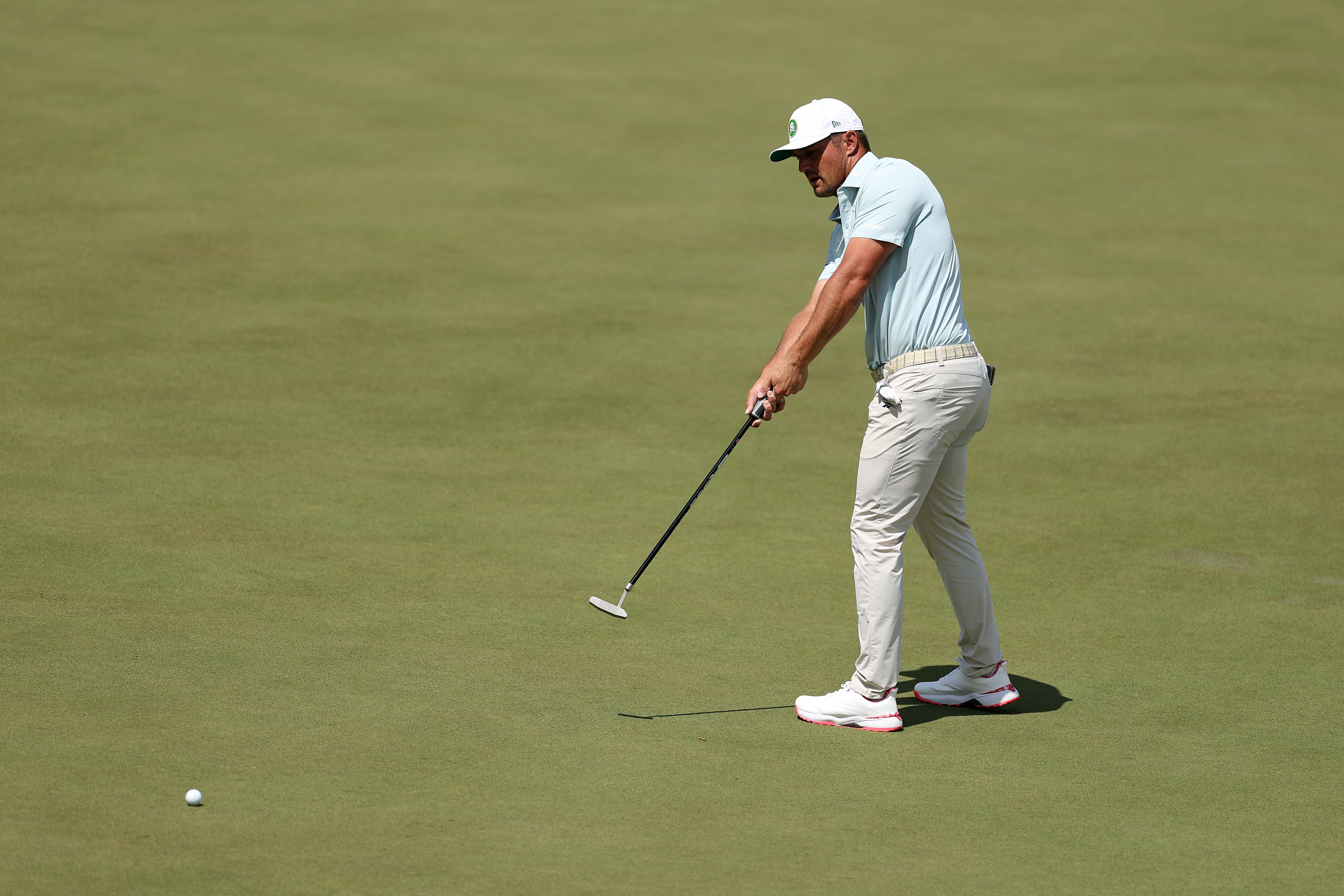
The results speak for themselves. This year, he's ranked as one of the top in the field when it comes to putting and it'll be key to his success for a first Green Jacket.
Action item: After your next round, identify the three most costly mistakes you made. Write them down, then create a specific practice plan to address each one. Don't just acknowledge your weaknesses—attack them with purpose.
Practice with Intention
DeChambeau didn't just vaguely "work on his putting" after last year's disappointment. He targeted specific distances: "I practiced a lot of 50-, 60-footers in the past couple of months and worked on my long putting to make sure I'm starting it on my line."
Too many amateurs practice aimlessly, hitting the same shots with the same clubs without clear objectives.
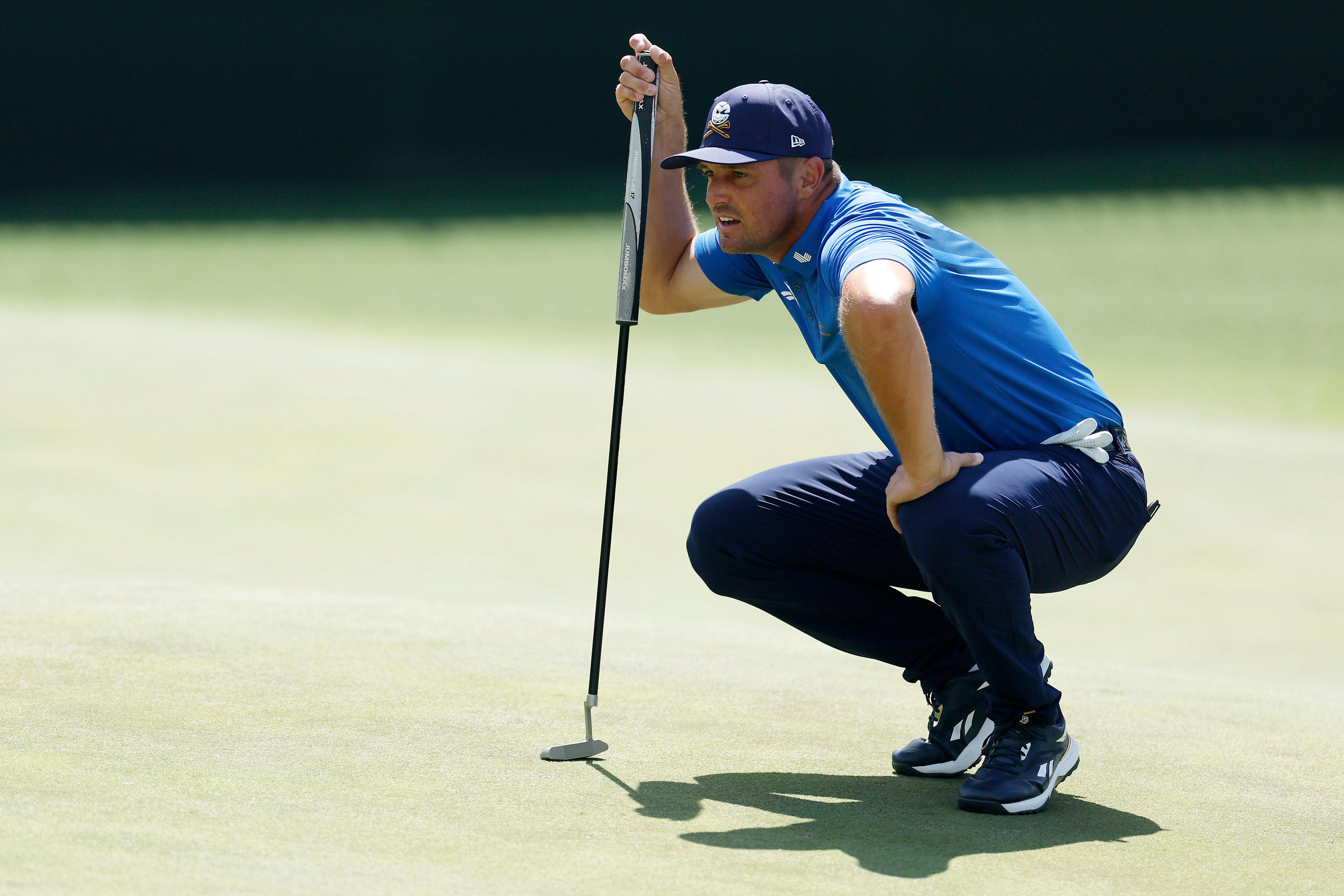
Action item: During your next practice session, spend at least 30 minutes on a specific skill that cost you strokes in your last round. If long lag putts are your nemesis, practice from varying distances and angles until you consistently leave them within three feet. If it's off the tee, hit some tee shots as if you were on the course, imagining the fairways and rough. Minimizing your mistakes starts by turning them into strengths!
Embrace the Mental Game
When DeChambeau says, "There's a lot going on upstairs," he's acknowledging the complexity of the mental side of golf. His ability to bounce back from setbacks—like immediately recovering from a three-putt at the 16th with strong finishes on 17 and 18—demonstrates resilience that weekend warriors often lack.
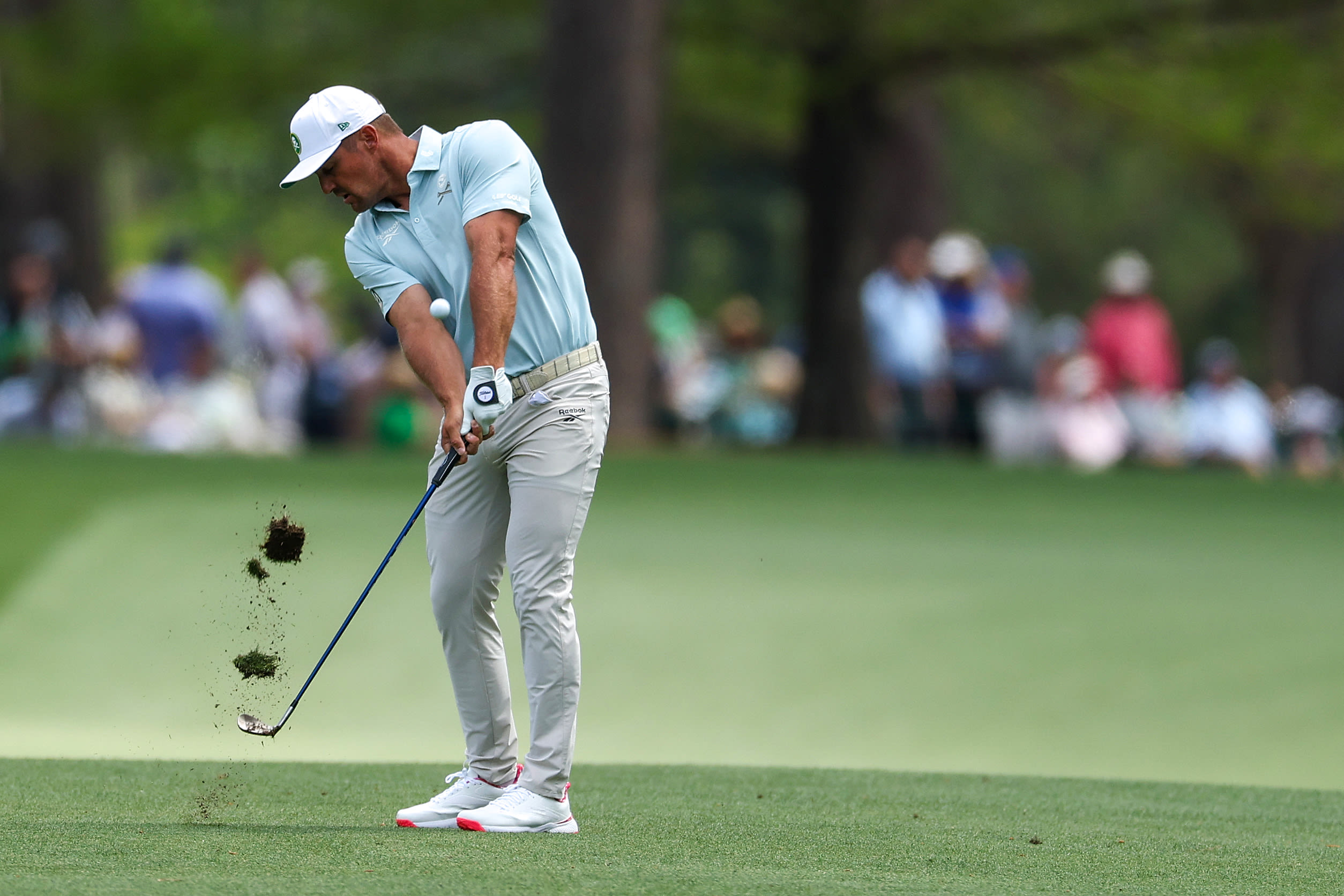
Action item: Develop a pre-shot routine that includes a visualization component. Before each shot, see the ball flight in your mind, feel the swing that will produce it, and commit fully. When things go wrong, have a "reset ritual"—perhaps taking a deep breath and adjusting your glove—to move past mistakes.
Find Your Own Formula
DeChambeau's approach to golf is uniquely his own. From single-length irons to his physics-based swing theories, he's never been afraid to challenge conventional wisdom. While his methods might seem extreme, the principle applies to all golfers: find what works for you.
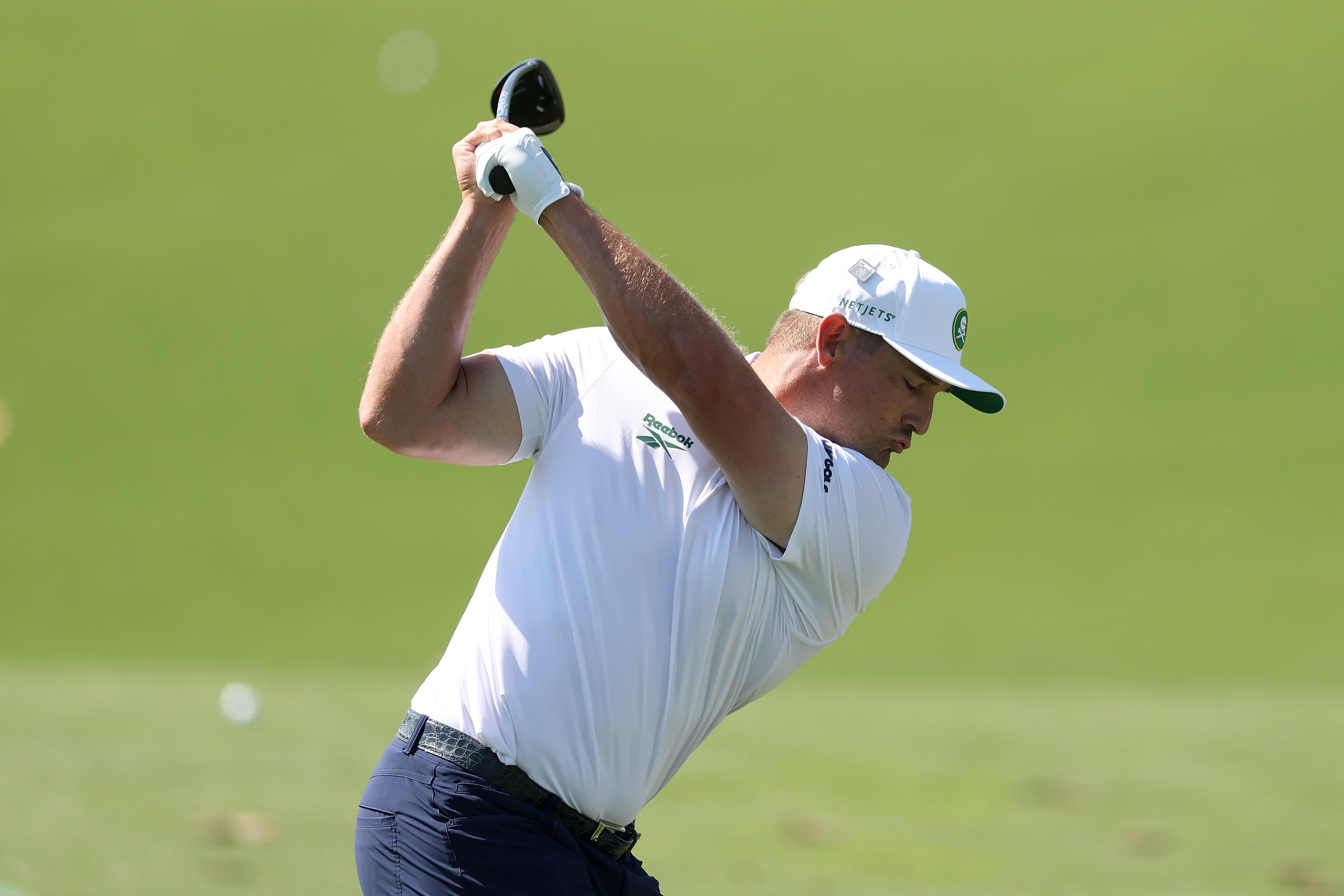
Action item: Experiment with different approaches during practice sessions. Try different ball positions, grip pressures, or swing thoughts. Keep a journal of what produces the best results for your game, not what the latest YouTube guru recommends for everyone.
Short Game Saves Strokes
Even with his prodigious length, DeChambeau credits his short game for his success: "My wedges and my putting saved my round." His up-and-down from the pine straw at the 10th hole—which he called "the best up-and-down of my life"—highlights how crucial the short game is, even for the game's longest hitters.
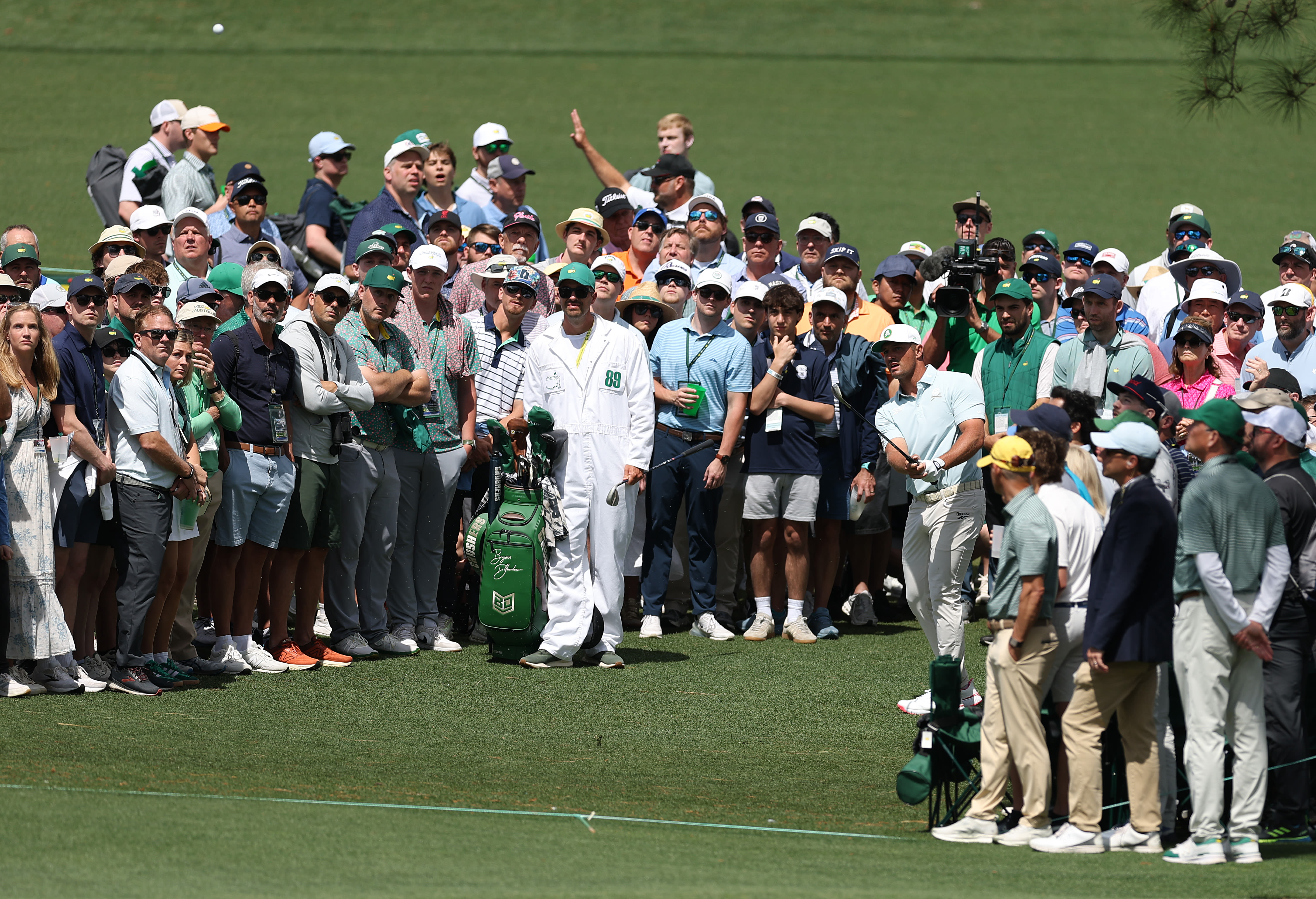
Action item: For every hour you spend working on your driver, spend two on your short game. Practice realistic scenarios—not just perfect lies on the practice green, but awkward stances, tight lies, and pressure situations that mimic on-course conditions.
The beauty of DeChambeau's approach is that while we can't all hit it 350 yards, we can all bring his scientific, methodical mindset to our own games. As he said about the weekend at Augusta National: "I'm going to keep it simple."
Sometimes, that's the most profound advice of all.
PGA of America Golf Professional Brendon Elliott is an award-winning coach and golf writer. You can check out his writing work and learn more about him by visiting BEAGOLFER.golf and OneMoreRollGolf.com.

